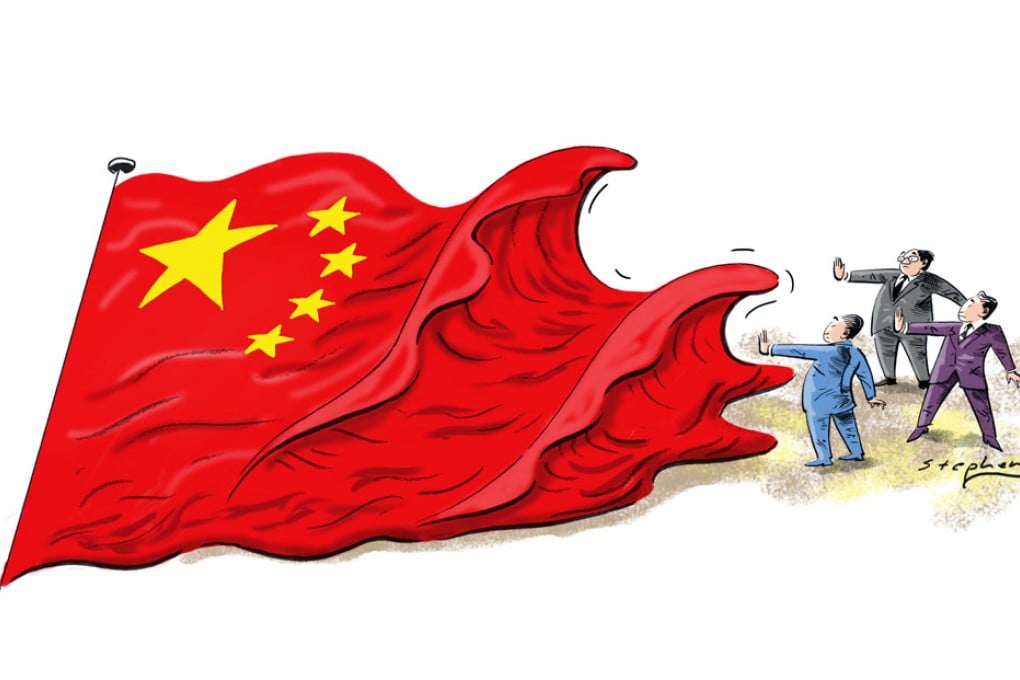South China Sea claimants must steel themselves against a more aggressive China
Simon Tay and Nicholas Fang say Asian states entangled in South China Sea disputes must steel themselves against a more aggressive China, with its eye on wider strategic goals

We now know Vietnam's immediate reaction to China's steps to begin drilling for oil in an area of the South China Sea that both sides claim. More than 20,000 Vietnamese workers ran amok at two Singapore-run industrial parks, attacking factories that they believed to be Chinese-owned.
With reports of deaths and many injuries, other manufacturers have been closing as a precaution. Global supply chains have felt the effects and Hanoi has wisely asserted domestic order.
But will the conflict escalate? Must Vietnam be the only one to protest or should others respond, too?
History testifies to the real dangers of conflict between China and Vietnam. The two neighbours fought over the Paracel Islands in 1974, when China took control and more than 50 Vietnamese were killed. They clashed again along their border in 1979. Anti-China street protests have grown visibly in recent years, demonstrating nationalistic fervour.
Until now, countervailing factors have prevented conflict. Soon after the end of the cold war, the respective communist parties that run the two countries developed layered dialogue on territorial issues at sea and along their shared border. While upholding its claims, Hanoi restrained criticism.
Present events may upend this process. Even as angry statements ensue, it is worth watching to see whether the parties can possibly and quietly return to the dialogue process, away from the public glare.
